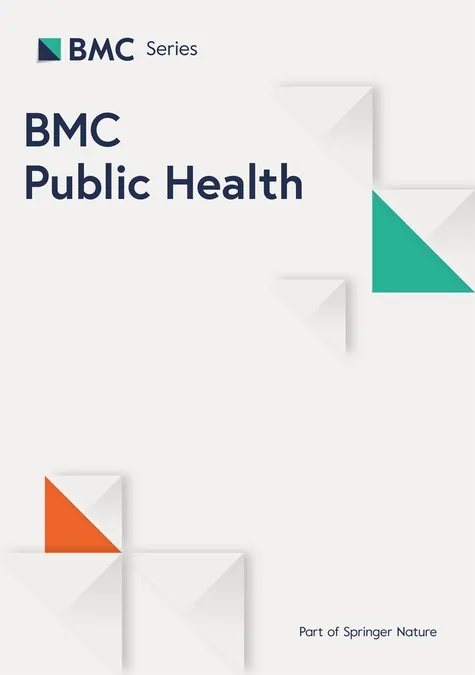
Impact of SMS and Face-to-Face Education on Self-Care in Type 2 Diabetic Patients in Khorramabad: Which Method Prevails?
2024-10-31
Author: Mei
Introduction
Self-care behaviors are crucial for patients with type 2 diabetes, as they significantly reduce the risk of complications associated with this chronic condition. A recent study conducted in Khorramabad aimed to compare the effectiveness of SMS-based education versus traditional face-to-face teaching on the self-care behaviors of diabetic patients. What did the research reveal about these two educational methods?
Methods
This semi-experimental study involved 135 diabetic patients, selected randomly from the Khorramabad diabetes clinic. They were divided into three groups: face-to-face education (45 patients), SMS-based education (45 patients), and a control group (45 patients). Data collection used demographic questionnaires, the Tubert self-care behaviors questionnaire, and self-efficacy assessments. The educational intervention included four sessions for the face-to-face group and three to four daily SMS for the SMS group, while the control group received no educational intervention.
Results
At the study's outset, there were no statistically significant differences between the groups concerning self-efficacy, self-care compliance, or blood sugar levels. However, post-intervention analysis showed considerable improvements in both the face-to-face and SMS-based groups compared to the control group (p < 0.001). Notably, while the SMS group showed a slightly greater improvement in self-care scores over the face-to-face group, this difference was not statistically significant.
Discussion
These findings emphasize the positive impact of educational interventions on self-care in individuals with type 2 diabetes. The importance of self-care behaviors, such as adhering to a proper diet, timely medication intake, blood sugar monitoring, and engaging in physical activity, cannot be overstated.
Diabetes is a growing concern globally, with an estimated 463 million adults affected. In Iran alone, over 3 million people live with diabetes, a figure projected to increase significantly in the coming years. As WHO states, patient education is critical to managing diabetes effectively. Mobile-based education, such as SMS reminders, highlights a convenient means to encourage self-care among patients, especially in regions where access to healthcare resources is limited.
The research findings align with previous studies advocating for the application of mobile technology in health education, showcasing its potential to improve self-care habits due to its accessibility and ease of use.
Conclusion
Both SMS-based and face-to-face educational methods effectively enhance the self-care behaviors of type 2 diabetic patients. However, the SMS approach presents additional advantages, including scalability and convenience, which make it a compelling option for diabetes education. With the rapid technological advancements and the omnipresence of mobile technology, integrating SMS education into diabetes management programs could significantly improve patients' quality of life. As the diabetes epidemic continues to rise, harnessing these innovative educational strategies is essential for empowering patients and promoting healthier lifestyles.
Call to Action
Are you or someone you know managing diabetes? Explore various educational tools, including SMS reminders, to help take control of your health today!




 Brasil (PT)
Brasil (PT)
 Canada (EN)
Canada (EN)
 Chile (ES)
Chile (ES)
 España (ES)
España (ES)
 France (FR)
France (FR)
 Hong Kong (EN)
Hong Kong (EN)
 Italia (IT)
Italia (IT)
 日本 (JA)
日本 (JA)
 Magyarország (HU)
Magyarország (HU)
 Norge (NO)
Norge (NO)
 Polska (PL)
Polska (PL)
 Schweiz (DE)
Schweiz (DE)
 Singapore (EN)
Singapore (EN)
 Sverige (SV)
Sverige (SV)
 Suomi (FI)
Suomi (FI)
 Türkiye (TR)
Türkiye (TR)